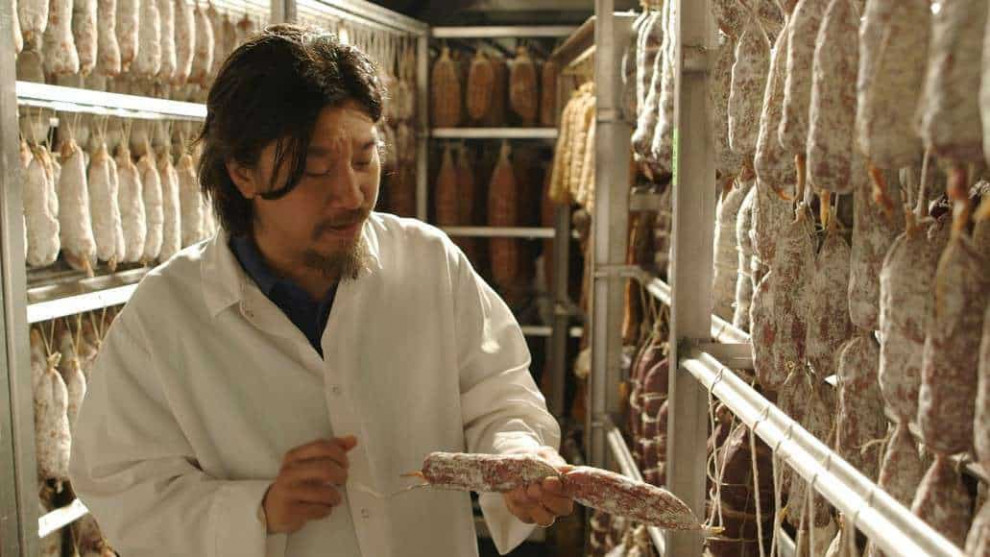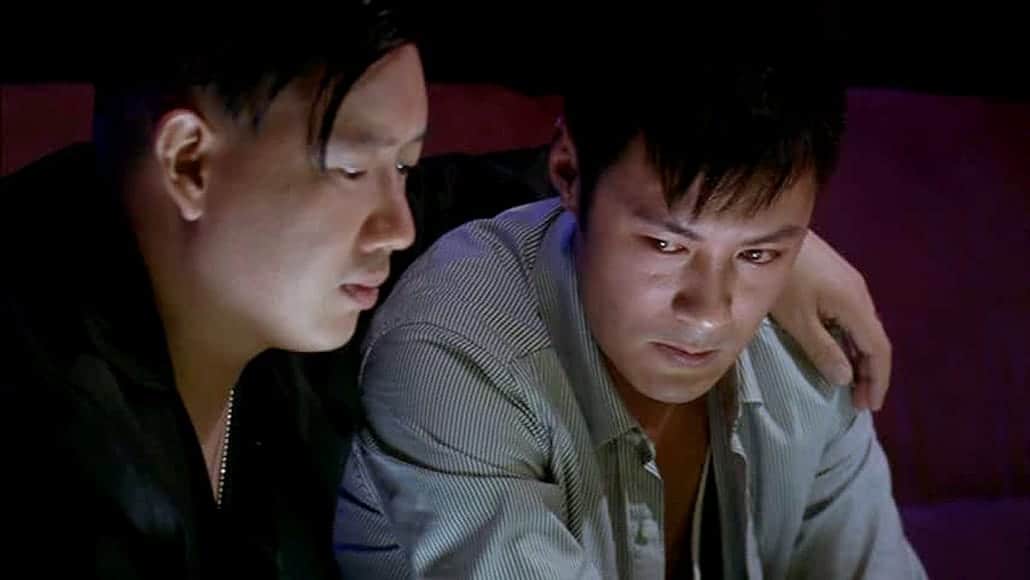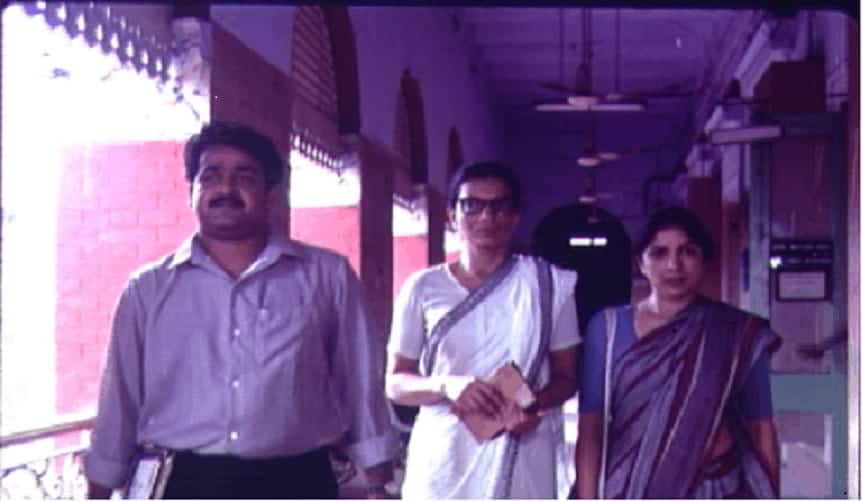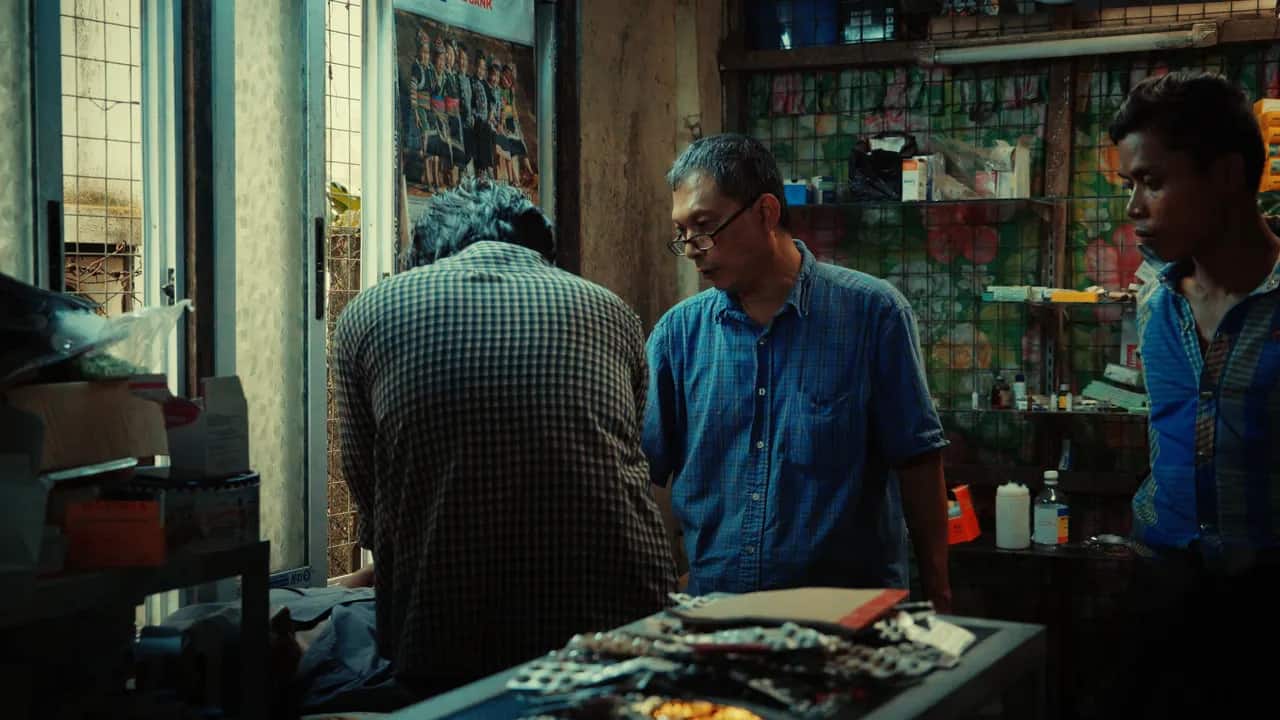Documentaries about the culinary have been one of the most favorite film categories since… forever one could say, with a number of entries that provide entertainment and raise appetites at the same time (“Jiro: Dreams of Sushi” comes to mind). Jonathan Cianfrani's documentary definitely does both, as Chef Edward Lee explains the process of fermentation and the plethora of fields it is used, in a trip that stretches from California to Japan.
“Fermented” screened at San Diego Asian Film Festival

Starting with the chemistry and moving to its applications, Lee presents a number of impressive procedures that include vegetables, cheese, bear, bread, salami, kimchi, kombucha, before he moves to Japan where he takes a look at soy sauce and miso. At the same time, he presents the people who have dedicated themselves in traditional methods of creating these types of food and beverages, additionally highlighting their pride in what they are doing and what they accomplish.
Furthermore, he also deals with the cultural aspect of the procedure. “Fermentation is culture,” says Lee in the documentary, and this phrase finds its apogee in Japan, where we witness recipes that have been continuing and improving for generations, in a number of procedures that prove that the difficult way is usually better than the fast and easy one. Cianfrani seems to pose a question about the retaining of these traditional methods in the modern world of refrigeration and canning, but as the documentary moves from product to product, the answer he provides becomes quite clear
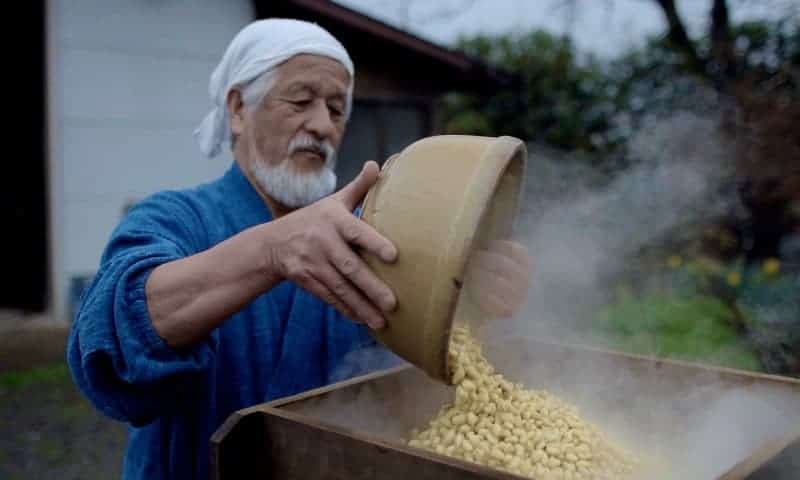
Add to that a number of recipes using the aforementioned products, which are presented on screen, the in-depth explaining of the procedures by the experts, and Lee's participation in the procedures and you have the backbone of a very interesting documentary.
In terms of production values, “Fermented” is impressive, as the imaging of the processes is thorough and entertaining at the same time, while the use of slow motion allows the audience to focus on key facts and images. The editing is also great, with Cianfrani lingering just as much in every interview-presentation, retaining a relatively fast pace that benefits the documentary the most.

“Fermented” manages to present some very interesting procedures and individuals, provide some crucial questions, and at the same time to raise the appetite of anyone who watches the documentary. I do not know what more one could ask from a film about the culinary.


